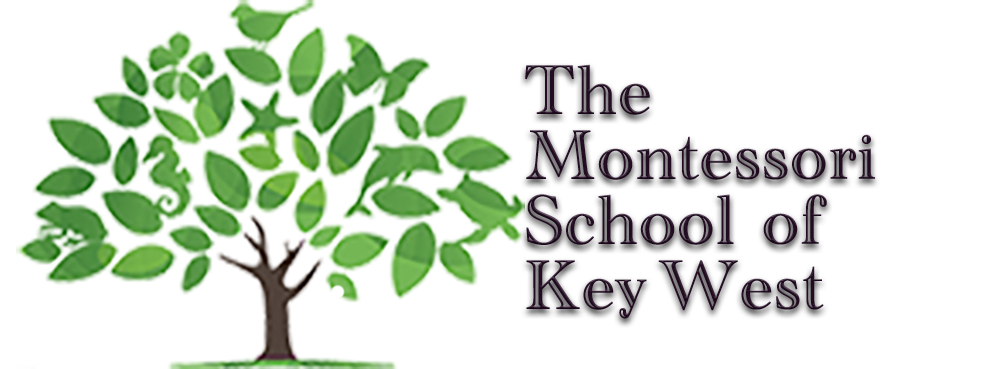
“Education should be a Journey, Not a Race.”
We believe that the rhetoric about education, which is most often focused on words like rigorous, challenging, and competitive, misses several fundamental truths about children and education.
The word education stems from the Latin word ‘educere’, which means to draw out.
Experience and research shows us that children are capable of amazing things.
Too often, we, as parents and schools, tend to focus on their weaknesses and compare them to others, instead of trying to see each learner as a universe of one.
We believe that educators should be guides who follow each student’s individual development, rather than expecting them to fit our preconceptions and expectations of what they should learn, when they should learn it, and how it should be taught.
If each child is his or her unique person, and if the role of schools is to help children learn how to learn, why don’t we organize schools to more effectively empower, differentiate, and honor the unique voice in every child?
And, if we can accept that students tend to learn best when they feel honored and safe, why don’t we design schools to create a culture of comfortable, emotionally safe, and supportive joyful learning?
My friend, Andrew Kutt, is the Headmaster of our sister school in Bethesda, Maryland. He wrote the following reflection that explores the implications of our saying, Education should be a Journey, Not a Race. I hope you enjoy it.


THE MINDFUL JOURNEY OF CHILDHOOD
“A race has a starting line and finish line and ranks participants by speed, in the order they finish.
A journey has starting and end points, but the experience is what matters most.
As parents, we vacillate between seeing our children’s development through the race lens and the journey lens.
We want them to score well on tests, be good athletes and artists and ultimately get into the best schools to have a good career.
This means we are often caught in constant motion, shuttling our children to one after-school lesson after another and helping them struggle through homework that, at times, seems mindless and leaves little time to relax together.
We might even say, “You will see that all of this will be worthwhile down the road.”
Through the race lens, obstacles can seem like nuisances we and our children need to brush aside as quickly as possible to keep moving.
Schools are caught up in the same frenzy as they strive to be considered rigorous and difficult to get into, if they are private, or meet state and national standards if they are public.
In the film Race To Nowhere (www.racetonowhere.com), a student says, “I am not thinking about the meaning of any of what I am learning. I am just thinking about getting it done.”
As adults, we know intuitively life is not a straight line and receiving an “A” brings a different kind of reward than completing a good book. We know the hard work of striving toward a goal is fulfilling in itself, and joy comes from achieving a new level beyond our previous accomplishment, not from measuring against someone else.
When we look through the journey lens, we pass these messages on to our children.
What we also know deep inside is that, to help our children see the beauty and possibilities of their path, we ourselves have to engage regularly in activities that foster big-picture thinking and strike a balance between results and experience.
Knowing our priorities helps us protect our children from being dragged along the push and pull within ourselves.
Reflect upon your child’s personality and learning style. Are they inherently results-driven, or do they enjoy the process?
In keeping with Montessori philosophy, think about how you can build upon your child’s natural strengths, yet stretch them in ways that do not come as easily.
Maria Montessori says,
“The education of a child, therefore, does not aim at preparing him for school, but for life. “
With this as our ultimate goal, may we help them embrace life in all of its beautiful spontaneity, living in the present moment and appreciating our child’s journey.
We can continue setting goals with our children, while remembering to cherish our experiences together.


Recent Comments